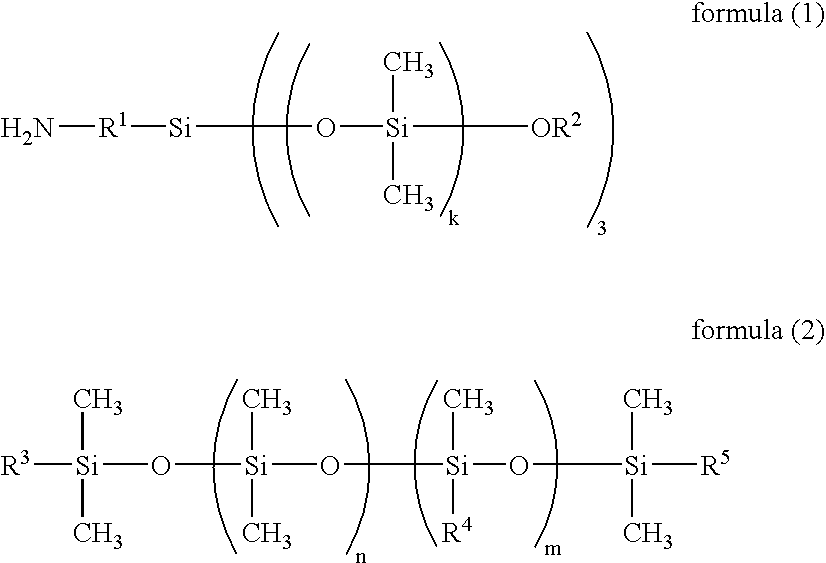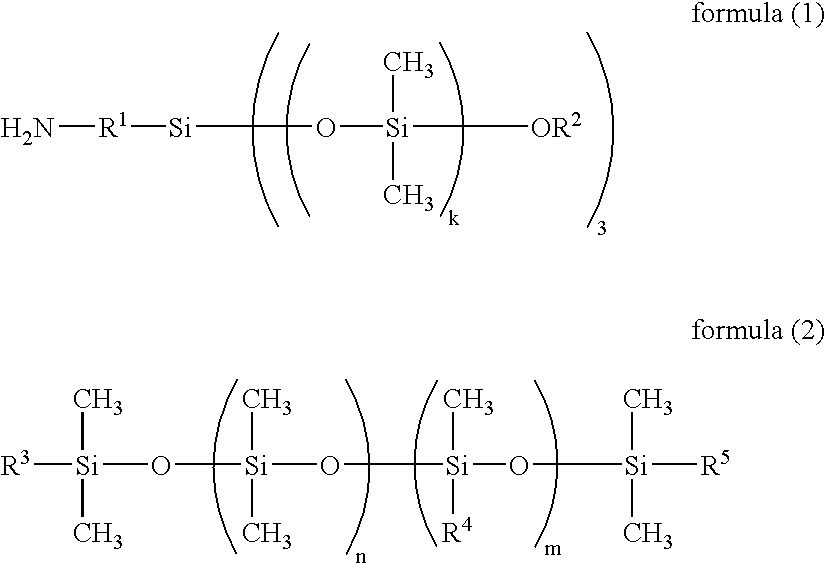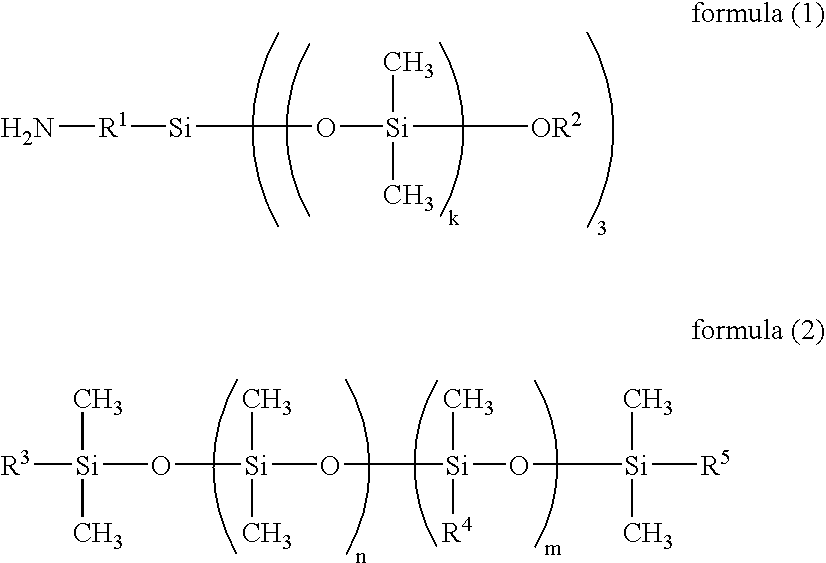Flexible polyurethane foam, process for its production, and seat for automobile using the flexible polyurethane foam
a polyurethane foam and flexible technology, applied in the field of flexible polyurethane foam, can solve the problems of increasing the amount of monool produced, affecting the comfort of the occupant, and the curing property at the time of foam production, and achieve excellent occupant posture-stability performance and good vibration characteristics
- Summary
- Abstract
- Description
- Claims
- Application Information
AI Technical Summary
Benefits of technology
Problems solved by technology
Method used
Image
Examples
examples
[0069] Now, the present invention will be described in further detail with reference to Examples, but the present invention is by no means thereby restricted.
[0070] The blend proportions (unit: parts by mass) at the time of the production of the foam, and foam physical properties, vibration characteristics and moldability of the flexible polyurethane foam thereby obtained, are shown in Tables 2 to 4. Examples 1 to 7 are Examples of the present invention, and Examples 8 to 10 are Comparative Examples.
[0071] The unsaturation value was measured by the method in accordance with JIS K1557 (1970).
[0072] Among materials shown in Tables 2 to 4, a mixture (polyol-containing mixture) of all materials except for a polyisocyanate compound was adjusted to 30° C.±1° C., and an isocyanate compound was adjusted to 25° C.±1° C. In Examples 1 to 5, amino-modified silicones (f1 to f5) were uniformly dispersed or dissolved in a solvent (toluene) (1 parts by mass of the amino-modified silicone and 9 ...
PUM
| Property | Measurement | Unit |
|---|---|---|
| density | aaaaa | aaaaa |
| density | aaaaa | aaaaa |
| thickness | aaaaa | aaaaa |
Abstract
Description
Claims
Application Information
 Login to View More
Login to View More - R&D
- Intellectual Property
- Life Sciences
- Materials
- Tech Scout
- Unparalleled Data Quality
- Higher Quality Content
- 60% Fewer Hallucinations
Browse by: Latest US Patents, China's latest patents, Technical Efficacy Thesaurus, Application Domain, Technology Topic, Popular Technical Reports.
© 2025 PatSnap. All rights reserved.Legal|Privacy policy|Modern Slavery Act Transparency Statement|Sitemap|About US| Contact US: help@patsnap.com



